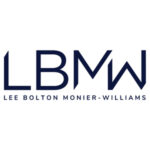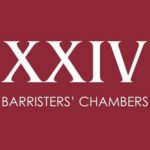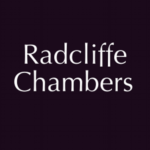Continue reading "Charities: When should the court intervene?"
Charities: When should the court intervene?

The deceased made a will dated 26 May 2016. The will gifted the residue of the deceased’s estate in equal shares to 15 charitable beneficiaries. The construction of seven of those gifts was in doubt.
The gifts in question had been carried over from the deceased’s previous wills, of which only one had been located. Will files did not survive and the drafting solicitor had little recollection of what the deceased had intended. There was little evidence of charitable gifting made by the deceased in life.
The probate value of the deceased’s estate was £1.48m and each one-fiftee...
The Ashden Trust and the Mark Leonard Trust (the charities) were charitable trusts whose principal purposes were environmental protection and the relief of poverty.
The trustees of the charities sought the court’s blessing for an investment policy inspired by the Paris Climate Agreement (the Paris Agreement). The Paris Agreement’s primary objective was to limit global warming to 1.5 – 2 degrees, below pre-industrial levels, in part by reducing greenhouse gas emissions and by promoting ‘climate resilient development’.
The charities’ investment policy stood to exclude investm...

Continue reading "Charities: When should the court intervene?"
On 5 December 1861 an award made under the Inclosure Act 1845 created two separate charitable trusts of plots of land within the parish of Rettendon in Essex: the Allotment for Exercise and Recreation (charity number 271480) and the Allotment for the Labouring Poor (charity number 271479).
The claimant was the local civil parish council, established by s1(1) of the Local Government Act 1894. The defendants were current or former members of the parish council. Between 2013 and 2017 a series of appointments of individual parish councillors as trustees of t...

Continue reading "Charities: Parish duties"

Continue reading "Charities: Joined-up thinking"
The claimant was a registered charitable company and the owner of 15a and 37 Camden High Street, London, SW1 7JE (the property). In or around November 2016 the claimant’s directors decided to sell the property and instructed Robert Irving Burns (RIB) to market it. Following a targeted marketing campaign, the defendant made a formal bid to buy the property for £8,000,000. Heads of terms were agreed on 22 December 2016.
On 10 January 2017, the claimant instructed Mr Bryn Williams of DTZ Tie Leung Ltd (trading as Cushman & Wakefield) (CW) to prepare a report. A report was provide...

Continue reading "Charities: Tainted gifts"

Continue reading "Charities: Beware the reverter"